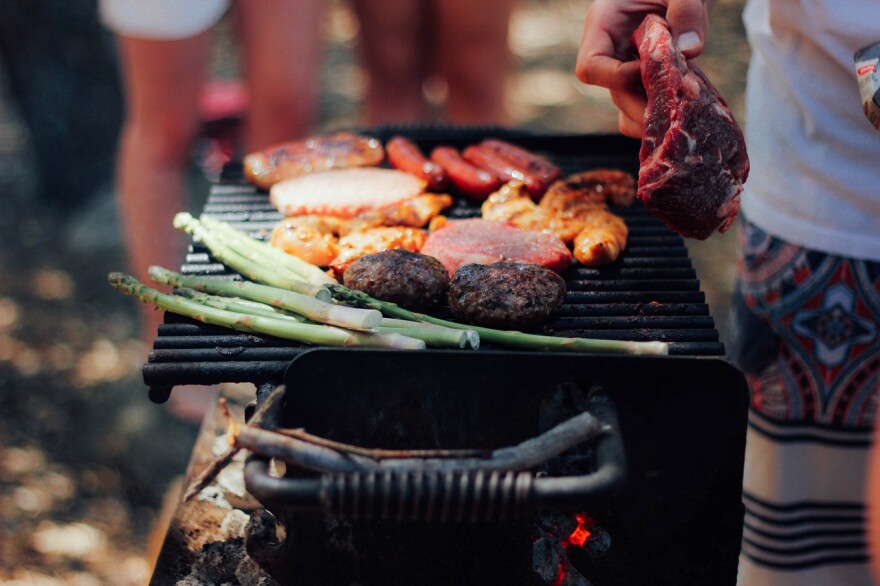Summer is in full swing with many Alabamians cranking up the air conditioners and paying more for utility bills.

Exposure to extreme heat is the leading cause of weather-related deaths, but it can also influence how much and what people want to eat. In short, as temperatures rise, appetites may drop.
While the mechanisms linking temperature and appetite aren't fully understood, animal research suggests that higher ambient temperatures may lower the production of the gut hormone ghrelin, which stimulates hunger in the brain, said Dr. Gordon Fisher, a kinesiology professor and assistant dean for research in the School of Education and Human Sciences and the department of human studies at the University of Alabama at Birmingham.


"Communication between thermoregulatory processes in the brain and the stomach may play a role in the regulation of food intake," he said. "But we have not been able to identify an exact mechanism to explain this."
Experts say staying hydrated, which is always important, becomes even more so when temperatures rise.
Fisher warned against drinking alcohol or beverages high in caffeine. "They both have dehydrating effects that can lead to increased water loss," he said.
Beverages aren't the only source of hydration, Fisher said. Foods can provide about 20% of the body's fluid intake.
"Melons, berries, lettuce, celery, tomatoes, cucumbers, soups, slushies and yogurts are just a few foods that are high in water content and also provide cooling effects," he said.
Not only can extreme heat make people less interested in eating, it can also make it harder to grow and obtain food.
"Heat waves in general can lead to a decrease in agriculture growth and lead to increases in food prices," Fisher said.
Additionally, those high temperatures can make it harder for people to get to the places that sell food. Read more about how heat may be cooling off appetites here.



